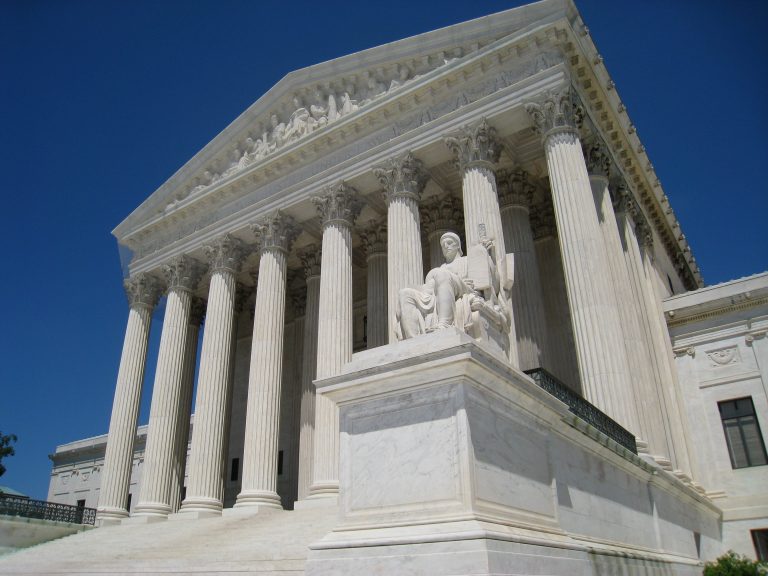
Dhiraj Nallapaneni
Opinions Editor
In December, the PROSPER Act passed through the House education committee, with a vote by Congress due in the near future. The PROSPER Act is a revision of the Higher Education Act of 1965, potentially making fundamental changes to the way higher education currently functions. If this bill were to pass, it would be an unequivocal disaster for college students.
According to the New York Times, one part of the Prosper Act “addresses a common college practice — requiring religious student groups that want school funds or meeting space to admit any student, regardless of their faith, and to grant them all the same access to leadership positions. The measure, which would apply only to public universities, would prohibit them from having such policies if they wanted access to federal aid.
It makes sense why a Republican Congress would propose such a bill. The evangelical constituency has long been an essential part of the Republican voter base. Passing this policy would allow Republican lawmakers to claim that they are fighting the supposed national scourge of discrimination against Christian groups.
Of course, this part of the PROSPER Act clearly goes against prevailing constitutional views. The section in question contradicts a ruling interpreting the Constitution made by the Supreme Court in 2010. In the case of Christian Legal Society v. Martinez, a Christian student club required that prospective members sign a “Statement of Beliefs.” As a result, UC Hastings refused to recognize the club as a student organization, denying the group university funds and the right to use university space for meetings. The club sued the school, arguing that UC Hastings, as a public institution, was violating the First Amendment rights to freedom of speech, freedom of association, and freedom of religion.
In a 5-4 decision, the Supreme Court sided with UC Hastings. Ruth Bader Ginsburg’s majority opinion explained perfectly why justifying discrimination on religious grounds could not be permitted.
“To bring the RSO program within CLS’s view of the Constitution’s limits, CLS proposes that Hastings permit exclusion because of belief but forbid discrimination due to status…. But that proposal would impose on Hastings a daunting labor. How should the Law School go about determining whether a student organization cloaked prohibited status exclusion in belief-based garb? If a hypothetical Male-Superiority Club barred a female student from running for its presidency, for example, how could the Law School tell whether the group rejected her bid because of her sex or because, by seeking to lead the club, she manifested a lack of belief in its fundamental philosophy?”
In other words, allowing religious groups to exclude certain people is not discrimination against any particular religion. If such policies were allowed, it would create a university culture where students may be forbidden to join certain student organizations due to immutable characteristics like gender or sexuality. This is not the kind of university culture we should be encouraging.
The promotion of diversity on college campuses helps to create an environment that facilitates a learning environment for all people. At my three and a half years at UC Santa Barbara, I’ve been exposed to a wide spectrum of different types of people with different viewpoints. I’m grateful that I had this opportunity and I consider it a valuable part of my college experience.
Universities have the right to use its funds to promote certain values that are deemed important. I am glad that UC Santa Barbara uses my tuition money to promote diversity and tolerance. It’s helped to make me a better person.
Allowing certain organizations to be able to discriminate while using school funds is unacceptable. As the Supreme Court ruled eight years ago, there is no First Amendment issue involved with how universities choose what kind of learning environment they wish to promote.
Thankfully, it looks as though the PROSPER Act has no chance of passing the Senate. However the fact that it is even in public discussion shows that as a nation, we have yet to overcome our sordid history of bigotry and discrimination.










